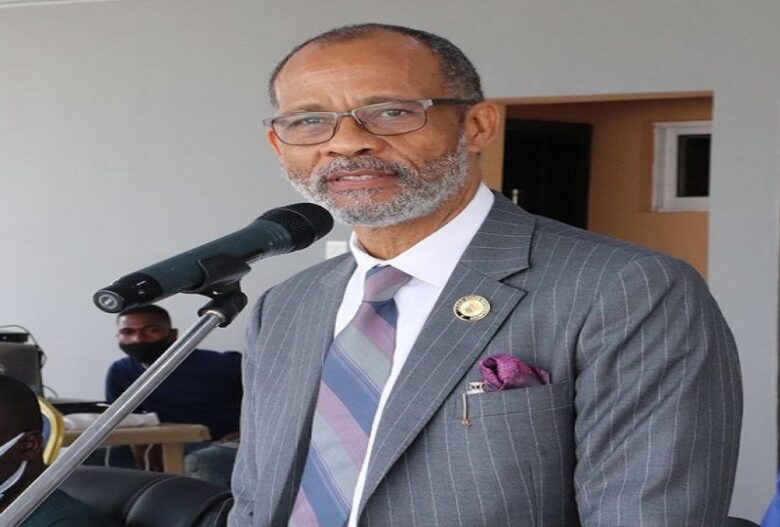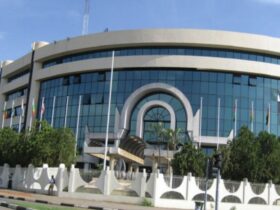At least five persons have been killed and 60 others hospitalised in an outbreak of Cholera in Lagos State.
The state’s commissioner for Health, Prof. Akin Abayomi, disclosed this on Tuesday, June 11, 2024.
According to him, cases of severe gastroenteritis have been reported in communities around Eti Osa, Lagos Island, Ikorodu and Kosofe Local Government Areas.
He reassured the government’s swift response, urging residents to stay vigilant and adopt precautionary measures to prevent the potential spread of a cholera outbreak in the State.
“We have activated a statewide heightened surveillance and response. The Ministry of Health Directorate of Environmental Health and the Lagos State Environmental Protection Agency (LASEPA) have been alerted to investigate a possible water contamination source in the Lekki Victoria Island axis.
“We suspect a possible cholera outbreak; however, samples have been taken for confirmation. As of April 28, 2024, Nigeria reported 815 suspected cholera cases and 14 deaths across 25 states,” he stated.
The commissioner also noted that recent rains had led to a significant increase in cases of severe vomiting and watery stools in the state, particularly in urban slums and crowded areas with poor sanitation, heightening the risk.
He explained that cholera, a highly contagious disease causing severe diarrhea and potential fatality, poses a significant health threat in areas lacking proper water treatment and sanitation, potentially affecting Lagos State.
“Cholera spreads through direct transmission by consuming contaminated food or water and indirect transmission due to poor sanitation and inadequate handwashing. Symptoms include severe watery diarrhea, vomiting, rapid dehydration, muscle cramps, fever, and sometimes collapse,” he elaborated.
Regarding treatment, he outlined options including Oral Rehydration Salts (ORS) for mild to moderate dehydration and Intravenous Fluids for severely dehydrated patients, administered only in medical facilities under supervision.
“To prevent cholera, citizens are advised to ensure safe drinking water by boiling, chlorinating, or using bottled water and avoiding ice products made from untreated water. Maintaining proper sanitation by using toilets, safely disposing of feces, and avoiding open defecation is crucial.
“Practicing good hygiene, such as regular handwashing with soap and clean water, especially before eating, preparing food, and after using the toilet, is vital, as well as following food safety guidelines,” he emphasised.
He urged citizens to rely on the Lagos State Ministry of Health, the Nigeria Centre for Disease Control (NCDC), and accredited local health facilities for guidance, advice, and updates on prevention, treatment, and management.
YOU MAY ALSO READ: ICC prosecutor urgently seeks information on alleged crimes in Sudan









Got a Question?
Find us on Socials or Contact us and we’ll get back to you as soon as possible.